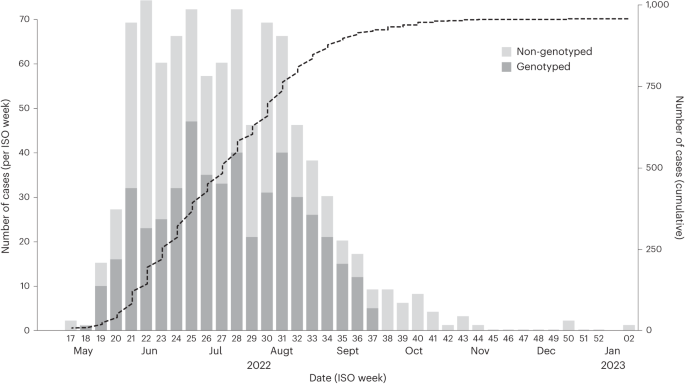
- Select a language for the TTS:
- UK English Female
- UK English Male
- US English Female
- US English Male
- Australian Female
- Australian Male
- Language selected: (auto detect) - EN
Play all audios:
Note that in a few months the financial institution will furnish you and the IRS with Form 5498, which will officially confirm the rollover amount. It is not necessary to file Form 5498 with
your tax return. CAUTION: An RMD can never be rolled back over, but since RMDs were waived in 2020, the RMD taken was not really an RMD, so it could be rolled over. But other than that
one-time anomaly, you cannot roll over an RMD. Now to your second question, which could be a problem: You said you had tax withheld on the RMD you took, so let's put some numbers on
here so you can see how this works. Let's say your 2020 RMD was $10,000 and you withheld $2,000 for taxes. That means you received only $8,000 of your RMD after taxes. Then, you said
that you rolled back over only the net amount you received, meaning the $8,000 in this example. Unfortunately, this means the $2,000 withheld for taxes that was not rolled back over
(returned to your IRA) will be taxable since these funds did not go back to your IRA. You can no longer return these funds and they will be taxable for your 2020 tax return. However, you
still will receive credit for the $2,000 of tax you had withheld, which you'll claim on your tax return. That withholding will be more than enough to cover the $2,000 taxable
distribution and will be credited towards any other income tax you might owe on other 2020 income. This, in turn, could increase your tax refund or reduce any amount you would otherwise owe
for 2020. And this may work out better tax-wise since the 2020 tax rates are still relatively low and may turn out to be much lower than future tax rates, so all is good. Not to worry.
Remember, too, that RMDs resume for this year. _Ed Slott, CPA, is a nationally recognized IRA expert, public television personality, author and media resource who has dedicated his life to
educating millions of Americans (and their financial professionals) on protecting retirement accounts from unnecessary taxes. Visit www.IRAHelp.com to learn more._








